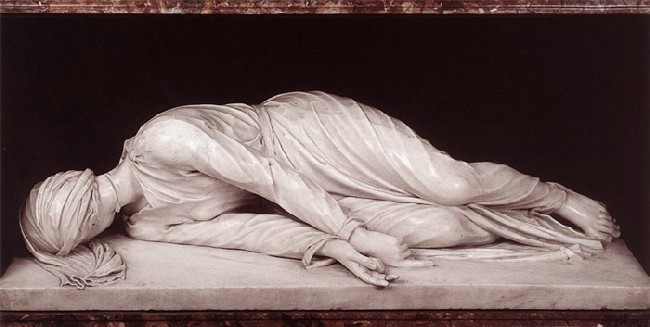This IS one of my favorite topics — the Divine Office (or Liturgy of the Hours, or Opus Dei (Work of God)) in general and its ancient roots in particular.
The 2500-3000-year-old history of daily praying the Songs (Psalms) of God’s people is perhaps the world’s oldest, daily religious practice. I even chuckle a bit at thinking that we might have been given a hint in the fact that largest book in the Bible and the book that occupies the center of the Bible just happens to be Psalms.
Anyway, that last part was just my own rambling, how far back does the Liturgy of the Hours go? Here is the reference I like it because it points to the growing practice of praying the LOH among lay people, which I believe will be a key force, central to the renewal of the Church that is talked about by the Popes:
The following is a quote from the Abbey of the Genesee Cistercian monks in Piffard, New York.
“The official prayer of the Roman Catholic Church is known variously as Liturgy of the Hours, Divine Office, Opus Dei (Work of God). The roots of this prayer go all the way back to Jewish practices before the time of our Lord. This form of prayer was prayed by Jesus and his disciples. As such, it was carried over into the devotion of the early Christian Church and continues in an unbroken tradition down to our own day.
“In both the Jewish and Christian traditions, this work of God was the prayer of all the people, clergy and laity. Due to various circumstances however, in the Christian Church it soon became the particular prayer of clergy and monks for many centuries. One of the blessings flowing from the liturgical reforms of Vatican II is the resurgence of the Divine Office among the laity. For our purposes we will refer to this form of prayer as the Work of God since that is the traditional Benedictine term.”
Saturday, April 12, 2008
3,000-year-old history - parts of the Divine Office
Labels:
.Divine Office - history,
Jewish roots
Subscribe to:
Post Comments (Atom)









No comments:
Post a Comment